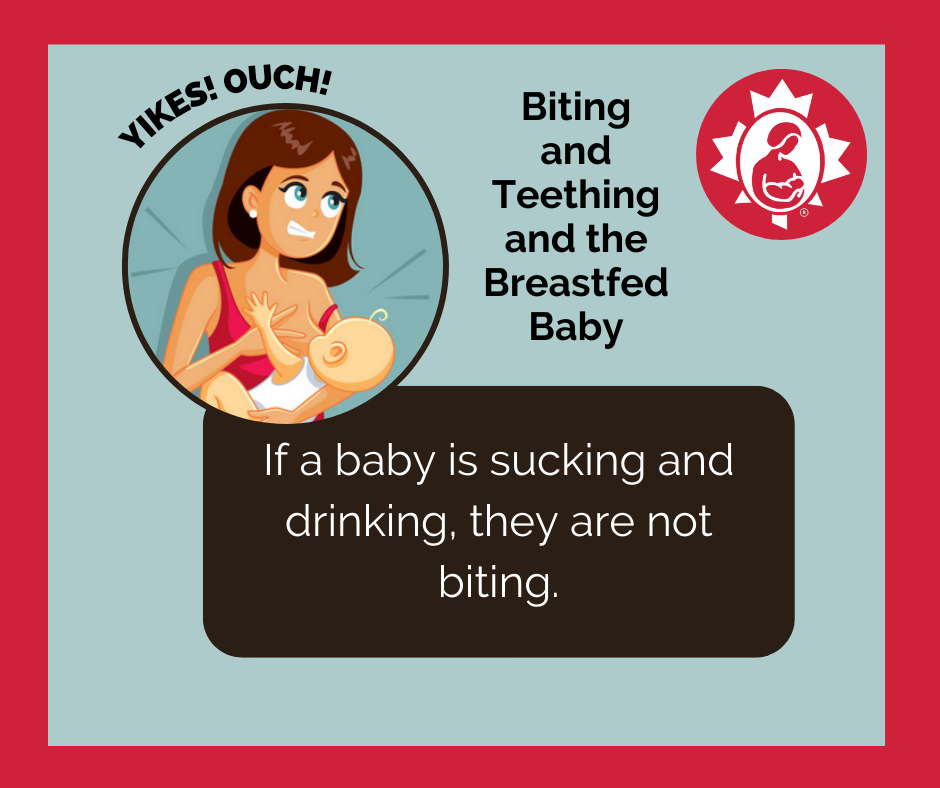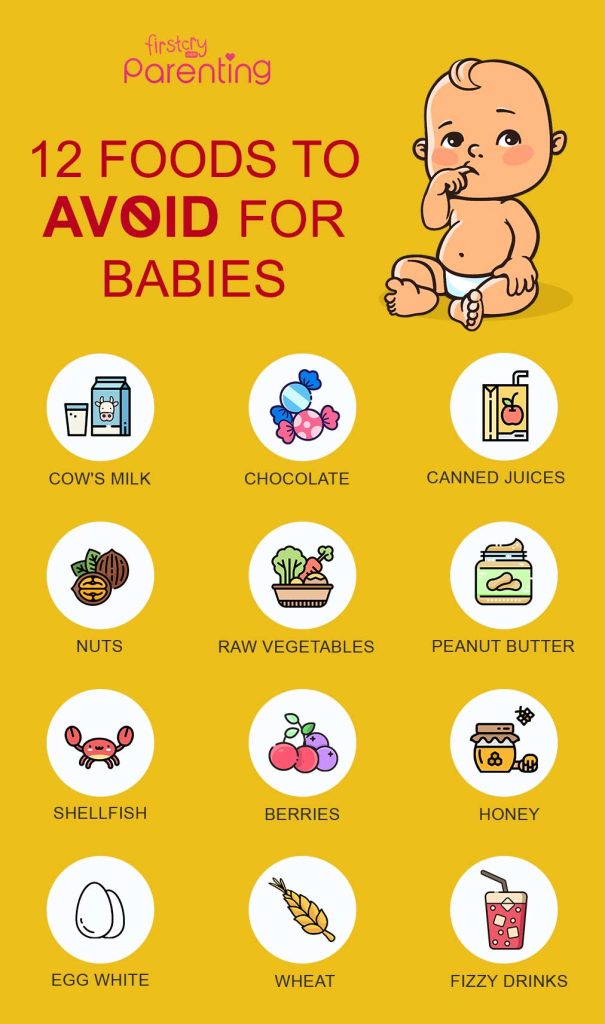Teething can affect baby feeding. Babies may become fussy and refuse to eat due to gum discomfort.
Teething is a significant milestone in a baby’s development. It can cause discomfort, leading to changes in feeding habits. Babies might experience sore gums, making it difficult to nurse or bottle-feed. Some may refuse food, while others might drool excessively or chew on objects.
Parents should be aware of these signs and offer comfort. Using teething rings or cold washcloths can soothe sore gums. It’s essential to maintain a routine and offer nutritious, soft foods. Consulting a pediatrician can provide additional guidance. Understanding teething can help parents manage feeding challenges effectively, ensuring their baby remains healthy and happy.
Introduction To Teething
Teething is a crucial phase in a baby’s growth. It is an exciting yet challenging time for parents and babies. Understanding teething helps in managing baby’s comfort and feeding.
What Is Teething?
Teething is when a baby’s first teeth start to break through the gums. This process usually begins around six months of age. Every baby is unique, and the timing can vary.
The first teeth to appear are typically the lower front teeth. Then, the upper front teeth follow. The complete set of baby teeth will usually be in place by age three.
Common Signs Of Teething
Teething can cause discomfort and various symptoms. Here are some common signs to watch for:
- Drooling: Excessive drooling is a clear sign of teething.
- Chewing: Babies may chew on toys or fingers to ease gum pain.
- Irritability: Babies may become fussy or cranky.
- Swollen gums: Gums may appear red and swollen.
- Sleep disturbances: Teething can disrupt a baby’s sleep patterns.
- Loss of appetite: Babies might eat less due to gum pain.
Impact On Feeding
Teething can significantly impact a baby’s feeding routine. As new teeth break through, babies might experience discomfort. This can change their feeding habits. Understanding these changes helps parents support their babies better.
Changes In Appetite
During teething, babies might show a decrease in appetite. The pain and discomfort can make feeding less appealing. Some babies may refuse food entirely, while others might eat less than usual. This change is often temporary.
- Reduced intake: Babies might eat smaller portions.
- Preference for soft foods: Soft foods can be more comfortable.
- Increased fussiness: Babies might be fussier during mealtimes.
Offering soft, cold foods can soothe their gums. Examples include chilled fruits and yogurt.
Difficulty In Latching
Teething can also cause difficulty in latching. The pain from swollen gums can make sucking painful.
| Problem | Solution |
|---|---|
| Painful sucking | Use teething rings before feeding |
| Swollen gums | Apply a cold compress to gums |
Babies might pull away or cry during feeding. This is a clear sign of discomfort. Parents can try different breastfeeding positions. This can help find a more comfortable way to latch.
Comforting Techniques
Teething can be a challenging phase for both babies and parents. Babies may experience discomfort, which can affect their feeding habits. Fortunately, there are several comforting techniques that can help soothe your baby’s pain and make feeding easier.
Using Teething Toys
Teething toys are a great way to help relieve your baby’s discomfort. They are designed to be chewed on, which can help massage the gums and reduce pain.
- Choose toys made from safe, non-toxic materials.
- Look for toys that are easy to hold.
- Ensure the toys can be cleaned easily.
By using teething toys, babies can find relief and continue feeding without much fuss.
Cold Compresses
Cold compresses can provide significant relief to teething babies. The cold numbs the gums and reduces swelling.
- Use a clean, damp washcloth and place it in the freezer for a few minutes.
- Wrap the cold cloth around your finger and gently massage your baby’s gums.
- You can also use teething rings that can be cooled in the refrigerator.
Cold compresses can soothe your baby’s gums, making feeding less painful.
| Method | Benefit |
|---|---|
| Teething Toys | Massage gums, reduce pain |
| Cold Compresses | Reduce swelling, numb gums |
Feeding Strategies
Teething can make feeding your baby challenging. Babies experience discomfort during teething. Finding the right feeding strategies can help. Here are some useful tips to make feeding easier.
Soft Foods
Soft foods are easier for teething babies to eat. They cause less pain and are gentle on the gums. Consider incorporating the following into your baby’s diet:
- Mashed Potatoes: Smooth and easy to swallow.
- Pureed Fruits: Such as applesauce or mashed bananas.
- Yogurt: Cool and soothing for sore gums.
| Food | Benefits |
|---|---|
| Mashed Potatoes | Soft texture, easy to digest |
| Pureed Fruits | High in vitamins, gentle on gums |
| Yogurt | Cooling effect, rich in calcium |
Frequent Small Meals
Frequent small meals can help a teething baby. Smaller portions are less overwhelming and easier to manage. Try these strategies:
- Offer food every 2-3 hours: This keeps your baby nourished.
- Serve smaller portions: Less food reduces the struggle at each meal.
- Keep snacks handy: Quick bites like cheese cubes or soft fruits.
Keeping snacks ready can be very helpful. Make sure they are easy to chew and swallow.
When To Seek Help
Teething can be a tough time for babies and parents. Sometimes, teething might affect your baby’s feeding habits. Knowing when to seek help is crucial. This section highlights key signs that indicate you should consult a healthcare professional.
Persistent Refusal To Eat
If your baby refuses to eat for more than a day, it is concerning. Missing more than one meal in a row is a sign to watch. Babies need regular feeding for growth and development. A persistent refusal can lead to other health issues.
Here are some signs of persistent refusal:
- Crying during feeding times
- Pushing away the bottle or breast
- Turning their head away from food
Signs Of Dehydration
Dehydration can occur if your baby isn’t feeding well. Recognizing the signs early can prevent serious issues. Look for these symptoms:
- Dry mouth and lips
- Fewer wet diapers than usual
- Dark yellow urine
- Sunken eyes or soft spot on the head
If you notice any of these signs, contact your pediatrician immediately. Dehydration can be dangerous for babies and needs prompt attention.
Keep track of your baby’s feeding and diaper changes. This helps in identifying patterns and potential problems early.

Credit: www.lllc.ca
Balancing Nutrition
Teething can make feeding a challenge for babies. It’s important to balance their nutrition during this time. Babies need nutrients for growth and development. Here’s how you can ensure they get what they need.
Ensuring Nutrient Intake
Babies need a variety of nutrients. Ensure they get enough iron, calcium, and vitamins. Offer soft foods like mashed fruits and vegetables. These are gentle on their gums. Avoid hard foods that can cause pain.
Introduce foods gradually. Observe for any discomfort. Try different textures and temperatures. Cold foods can soothe sore gums. Offer chilled yogurt or applesauce. Always supervise to prevent choking.
Hydration Tips
Hydration is key during teething. Babies may drool more, losing fluids. Offer water frequently. Keep a sippy cup handy.
Breast milk or formula remains essential. They provide both nutrition and comfort. If breastfeeding, continue as usual. For formula-fed babies, maintain regular feeding times.
| Food Type | Examples |
|---|---|
| Soft Foods | Mashed bananas, avocado, sweet potatoes |
| Cold Foods | Chilled yogurt, applesauce, cucumber sticks |
Stay patient. Each baby reacts differently to teething. Maintain a balanced diet and keep them hydrated for healthy growth.
Alternative Solutions
Teething can make feeding your baby a challenge. There are alternative solutions that can ease the discomfort. These solutions can help whether you are breastfeeding or bottle-feeding your baby.
Breastfeeding Tips
When your baby is teething, breastfeeding can be tough. Here are some tips to help:
- Numb the gums: Use a cold washcloth to soothe sore gums before feeding.
- Proper latch: Make sure your baby has a good latch to reduce discomfort.
- Frequent breaks: Take short breaks to let your baby rest and soothe their gums.
- Pain relief: Use teething gels or baby-safe pain relief if needed.
- Comforting touch: Hold and cuddle your baby to provide comfort during feeding.
Bottle Feeding Adjustments
Teething can also affect bottle feeding. Here are some adjustments you can make:
- Cool the nipple: Chill the bottle nipple before feeding to soothe gums.
- Change bottle type: Try different bottle types or nipple shapes for better comfort.
- Smaller feeds: Offer smaller, more frequent feeds to reduce irritation.
- Teething toys: Let your baby chew on teething toys before feeding.
- Pain relief: Use baby-safe pain relievers if your baby is in severe discomfort.
Here is a quick summary table:
| Solution | Breastfeeding | Bottle Feeding |
|---|---|---|
| Numb the gums | Cold washcloth | Chill the nipple |
| Proper latch | Ensure good latch | N/A |
| Frequent breaks | Short breaks | Smaller feeds |
| Pain relief | Teething gels | Baby-safe pain relievers |
| Comforting touch | Hold and cuddle | Teething toys |

Credit: www.nct.org.uk
Long-term Considerations
Teething can impact a baby’s feeding habits. Parents often worry about long-term effects. Understanding these effects helps in ensuring a smooth transition. There are two main areas to focus on: oral health and building healthy eating habits.
Oral Health
Teething affects oral health. Babies may refuse food due to gum pain. This can result in less nutrient intake. It’s crucial to maintain oral hygiene during this period.
Parents should use a soft, damp cloth to clean the baby’s gums. This helps in removing bacteria and soothing the gums. Introducing a baby toothbrush early can establish good habits. Choose a toothbrush with soft bristles designed for infants.
Consult a pediatric dentist for personalized advice. Regular dental check-ups ensure healthy teeth development. Proper oral care prevents cavities and infections.
Building Healthy Eating Habits
Teething might disrupt eating routines. Babies may prefer soft foods. It’s essential to offer a variety of textures once the teething phase eases. This helps in developing strong chewing skills.
Parents should include foods rich in vitamins and minerals. These nutrients support healthy tooth and gum development. Foods like mashed vegetables, fruits, and soft cereals are good choices.
Establishing a regular feeding schedule is beneficial. Consistency helps babies understand mealtime routines. Positive reinforcement encourages good eating habits.
Consider the following tips to build healthy eating habits:
- Offer a variety of foods.
- Encourage self-feeding when appropriate.
- Make mealtime a positive experience.
- Avoid sugary snacks and drinks.
- Monitor the baby’s reaction to new foods.
By focusing on oral health and healthy eating habits, parents can manage teething challenges effectively.

Credit: www.nct.org.uk
Frequently Asked Questions
Does Teething Reduce Feeding?
Yes, teething can reduce feeding. Babies may experience gum pain, leading to decreased appetite and fussiness during feeding.
Do Babies Drink Less Milk When Teething?
Yes, babies often drink less milk when teething. Teething can cause discomfort and sore gums, leading to decreased appetite.
Can Teething Cause Baby To Stop Nursing?
Yes, teething can cause discomfort, leading to a temporary decrease in nursing. Offer teething toys and soothe gums.
Do Babies Nurse More At Night When Teething?
Yes, babies often nurse more at night when teething. Nursing can soothe their discomfort and help them sleep.
Conclusion
Teething can impact your baby’s feeding habits temporarily. Understanding the signs can help you manage this phase better. Offer soothing techniques like chilled teething rings. Stay patient and keep a close eye on your baby’s comfort. With time and care, feeding routines will normalize, ensuring your baby’s continued growth and happiness.


